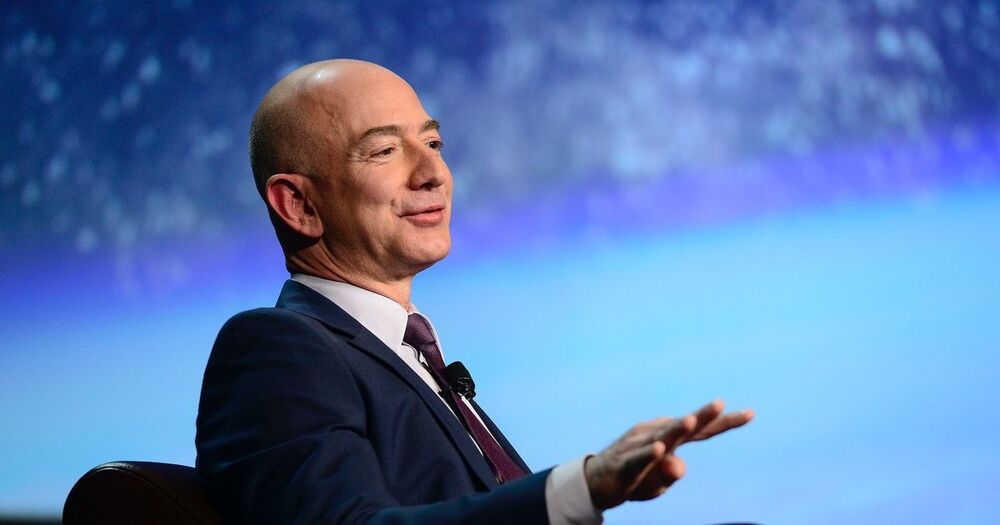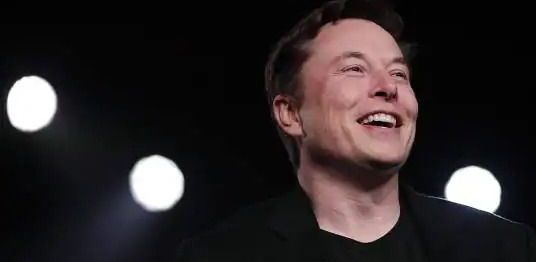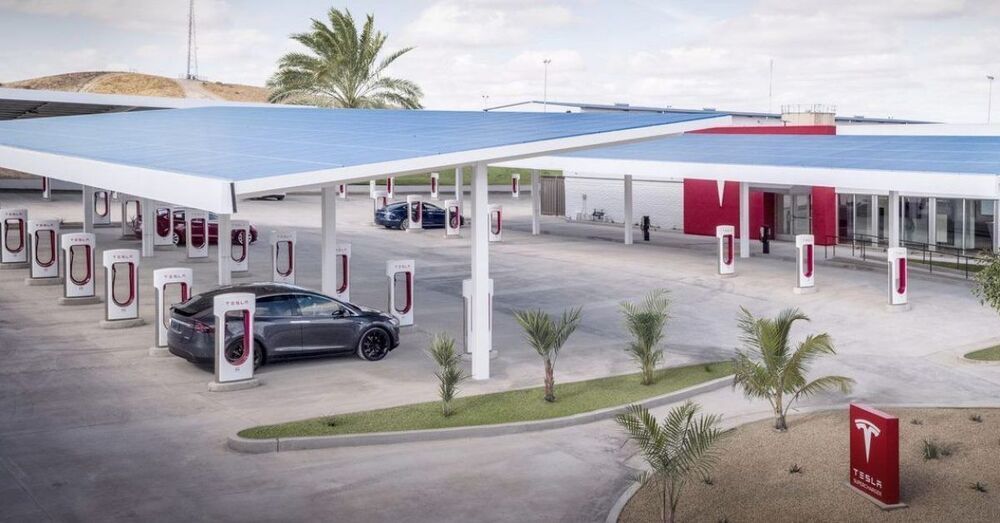Interactive Brokers — seen as the e-broker with some of the most sophisticated clientele — is slated to start trading cryptocurrencies on its platform in the coming months.
“Customers certainly are asking for [crypto trading] and we expect to be ready to offer it to them by the end of the summer,” Interactive Brokers Chairman and CEO Thomas Peterffy said Wednesday at the Piper Sandler Global Exchange & FinTech Conference.
Investors, both retail and institutional, have poured into bitcoin and other digital assets in 2021. Bitcoin’s price has soared to above $34000 from the $9000 in June of 2020. The price of bitcoin has experienced wild volatility recently due to headlines on a China crackdown, Elon Musk and investors taking excessive risk.






